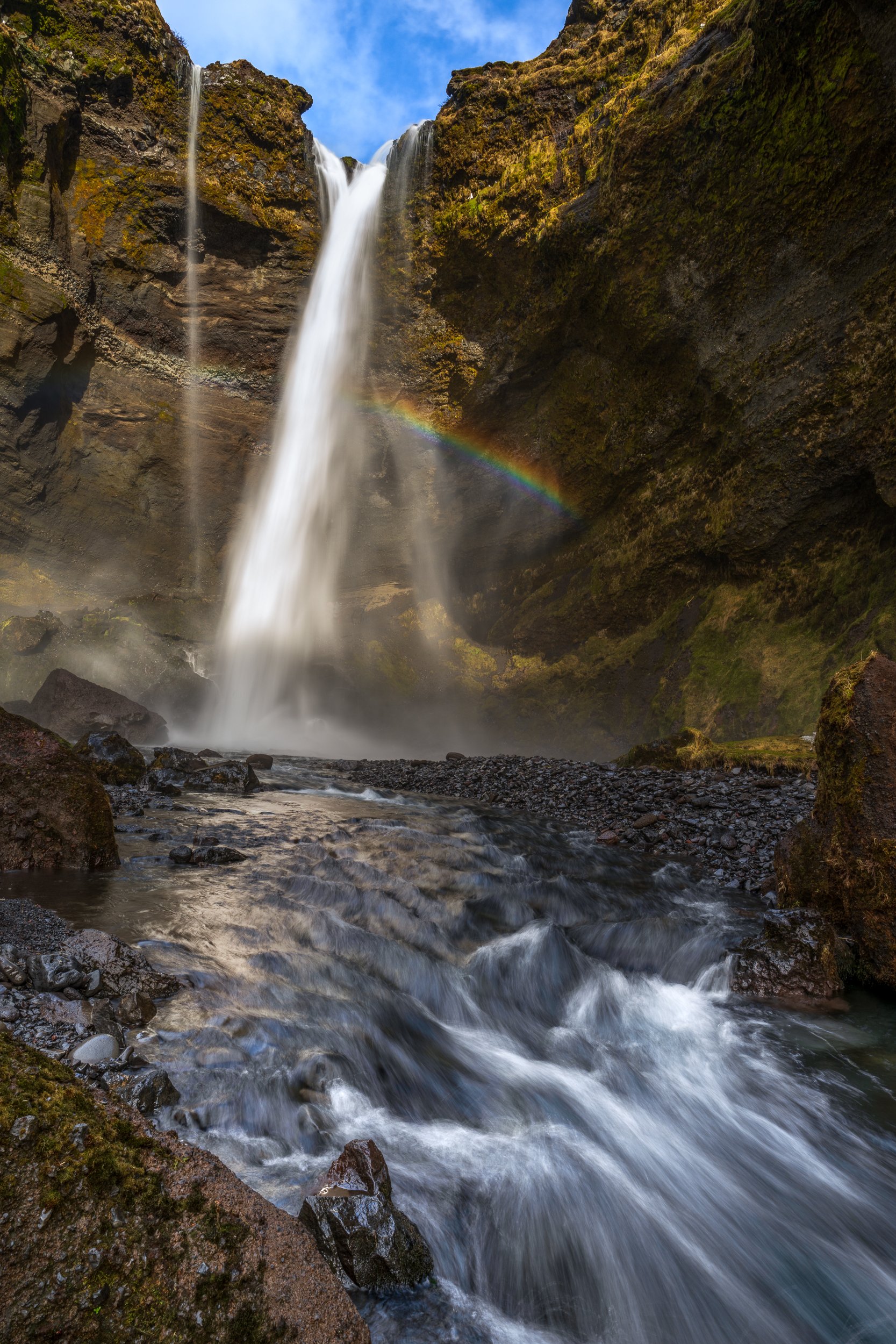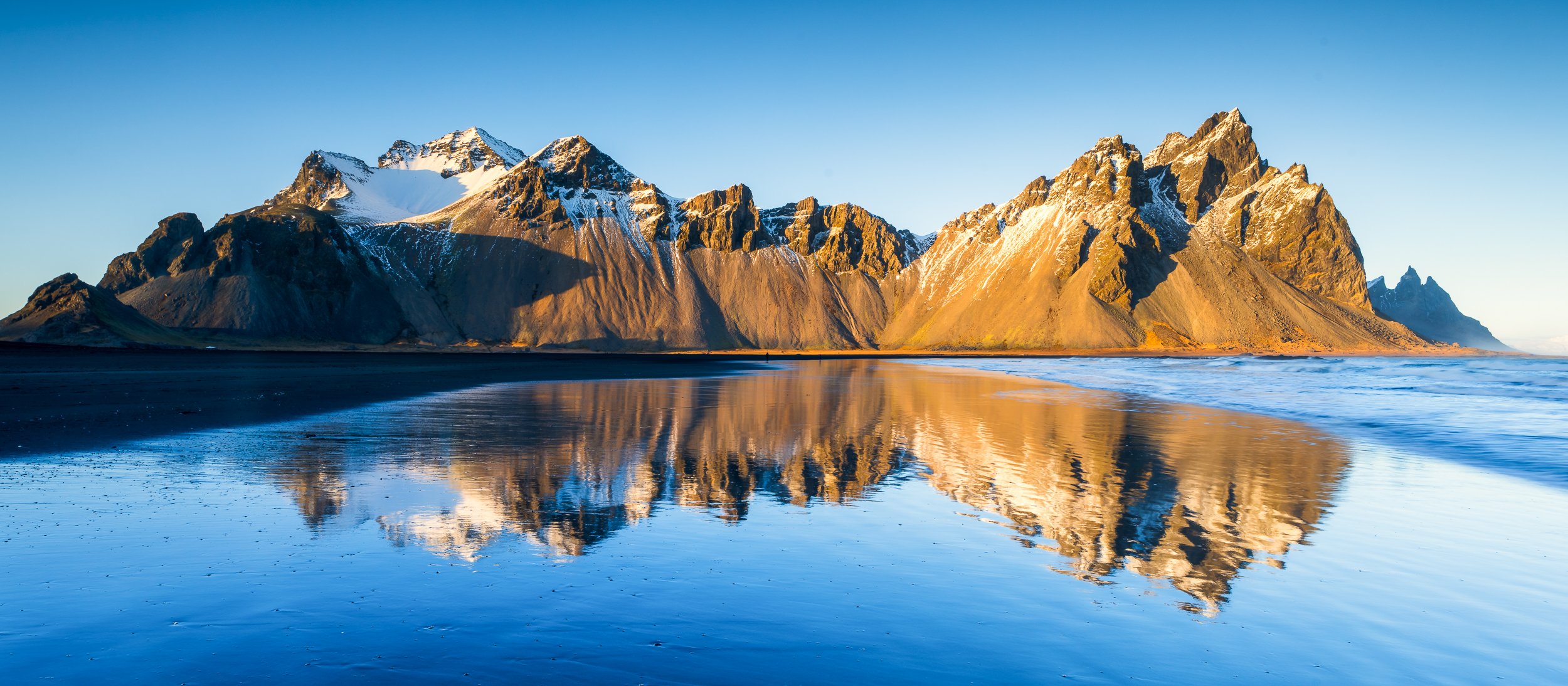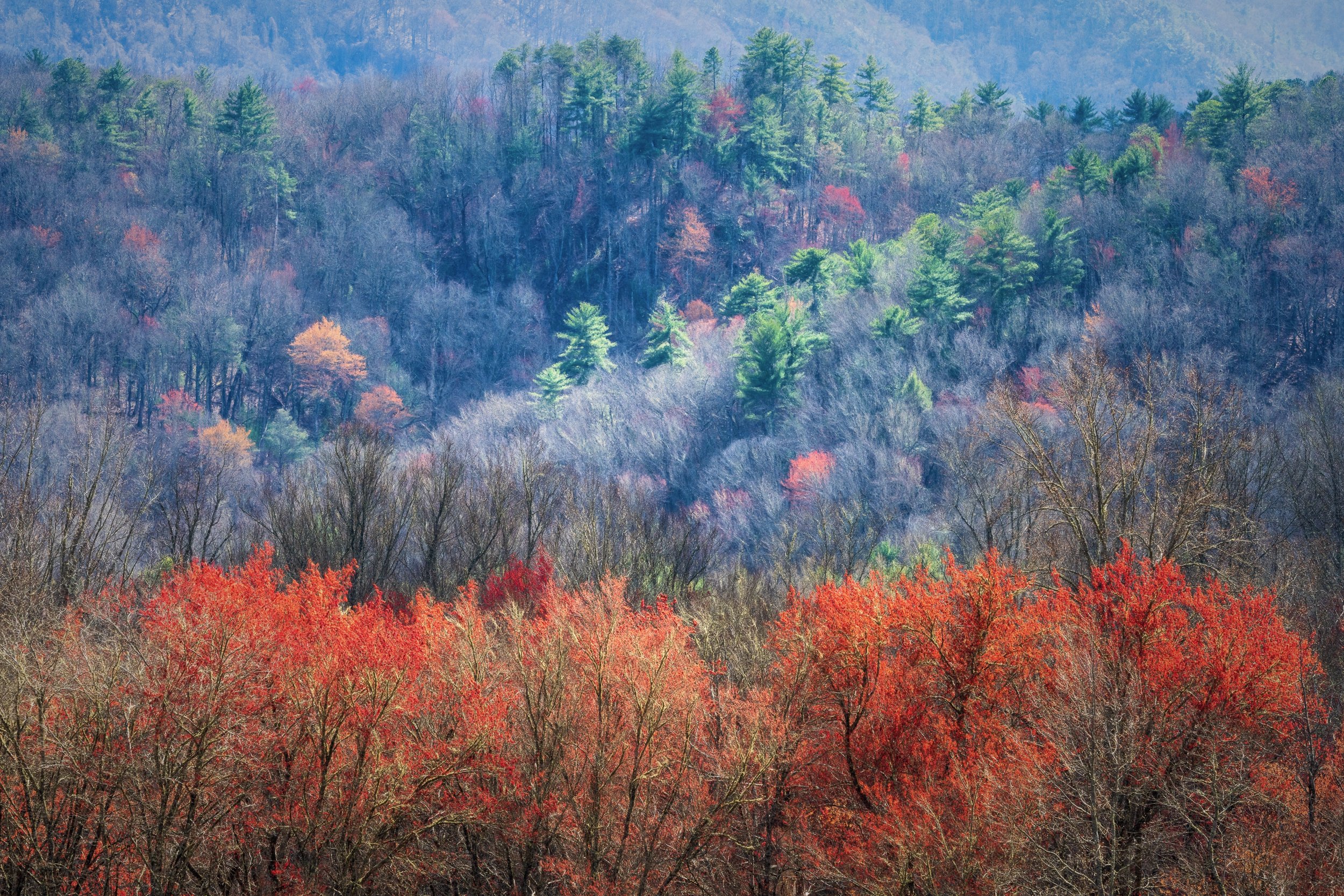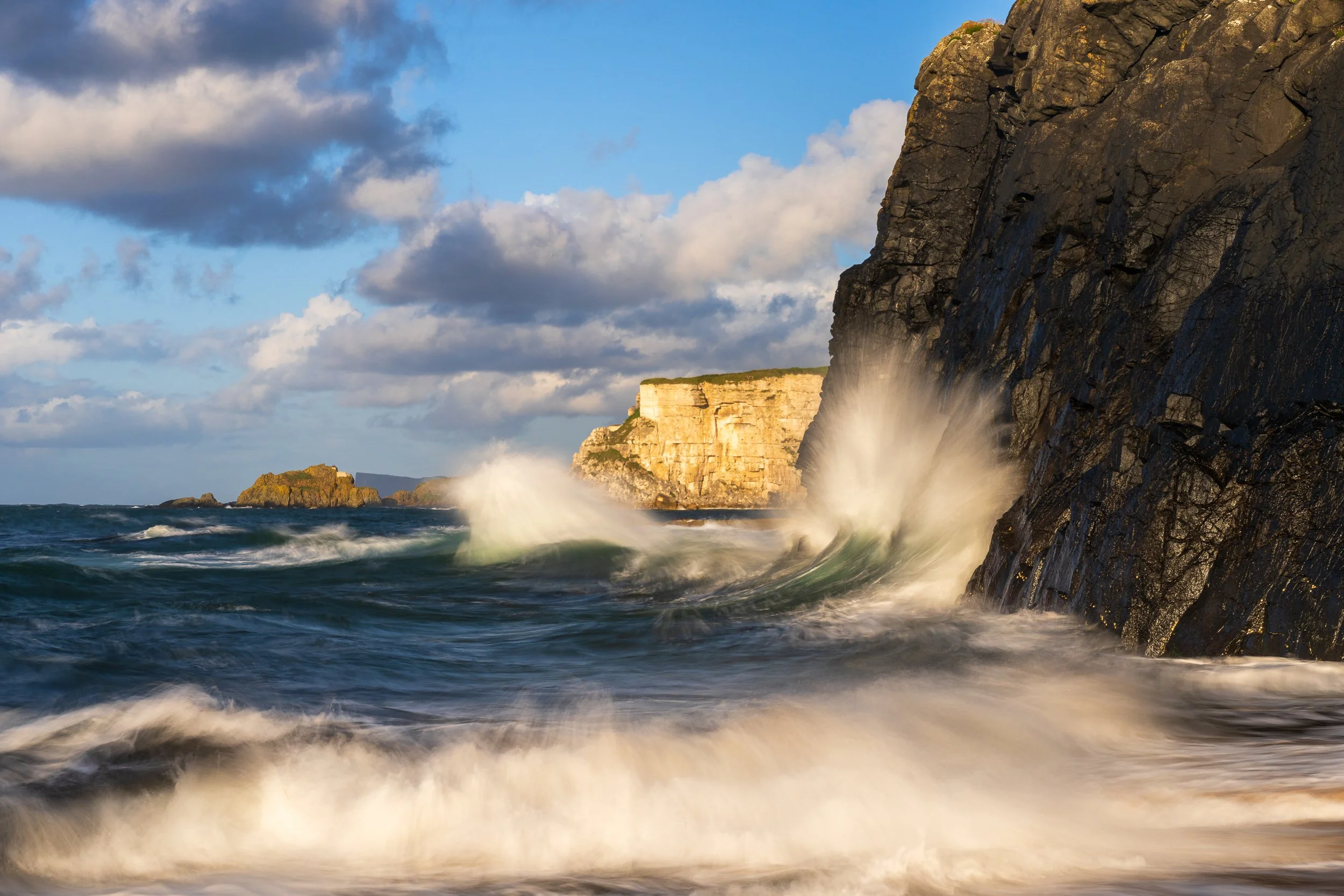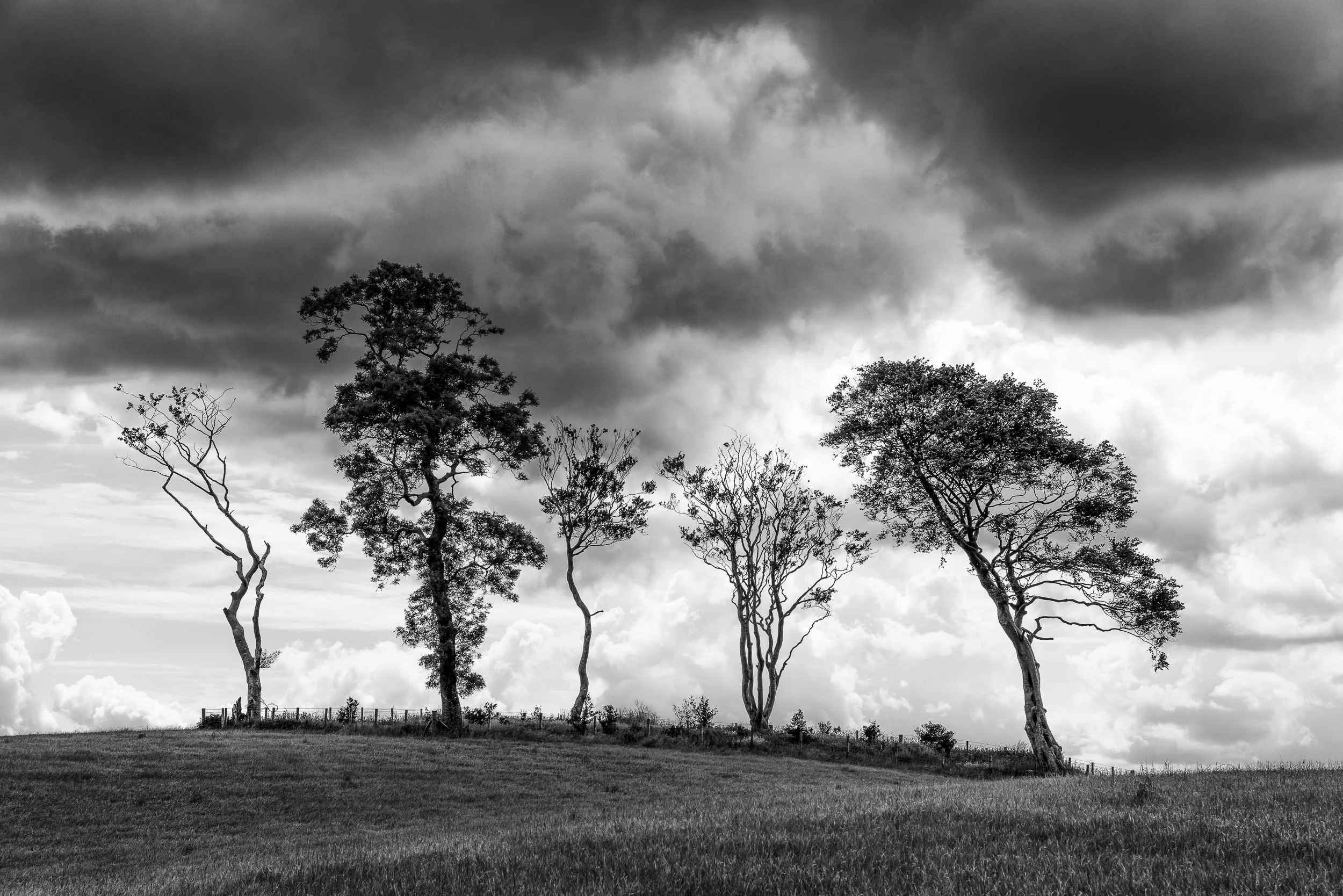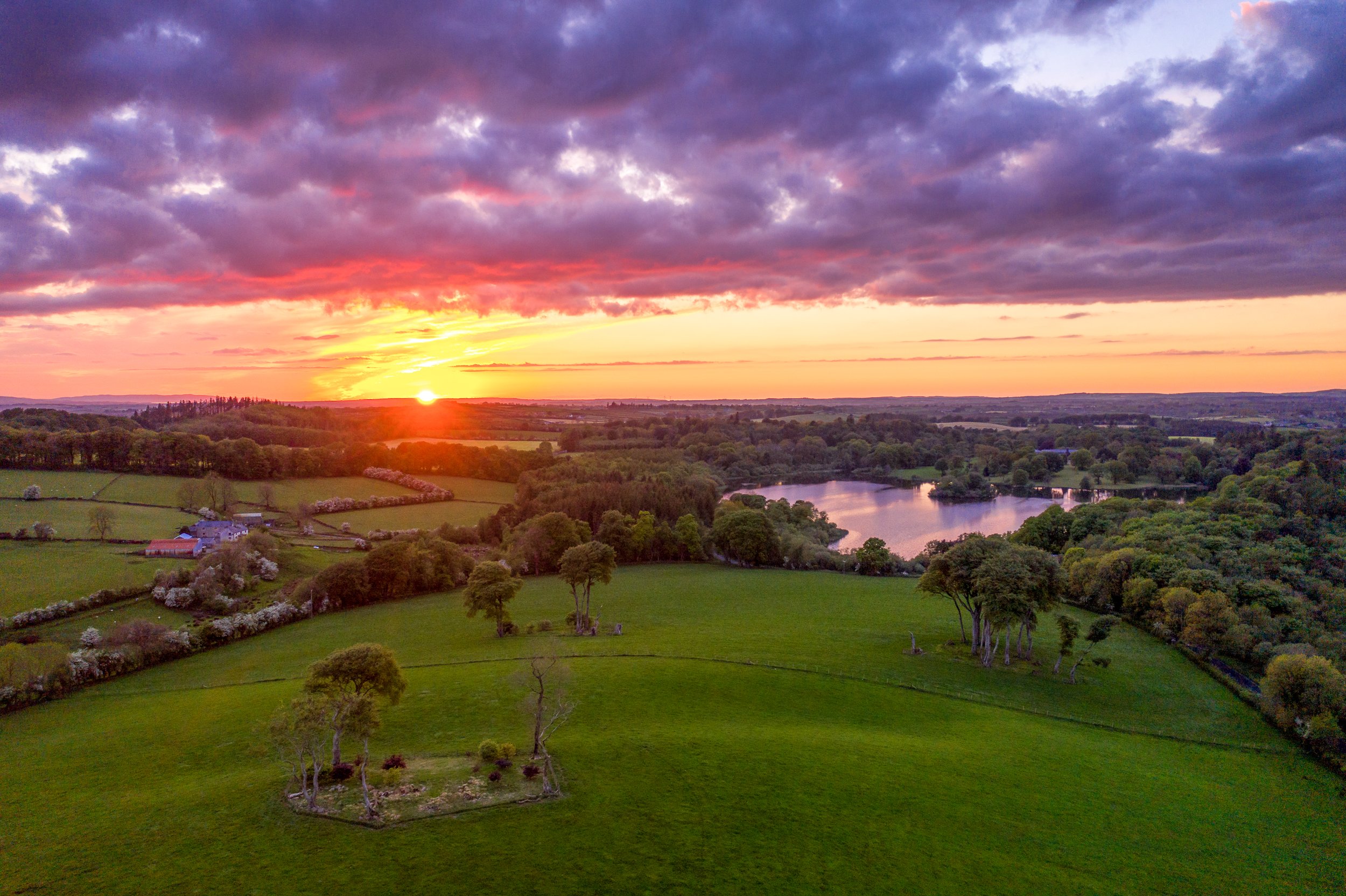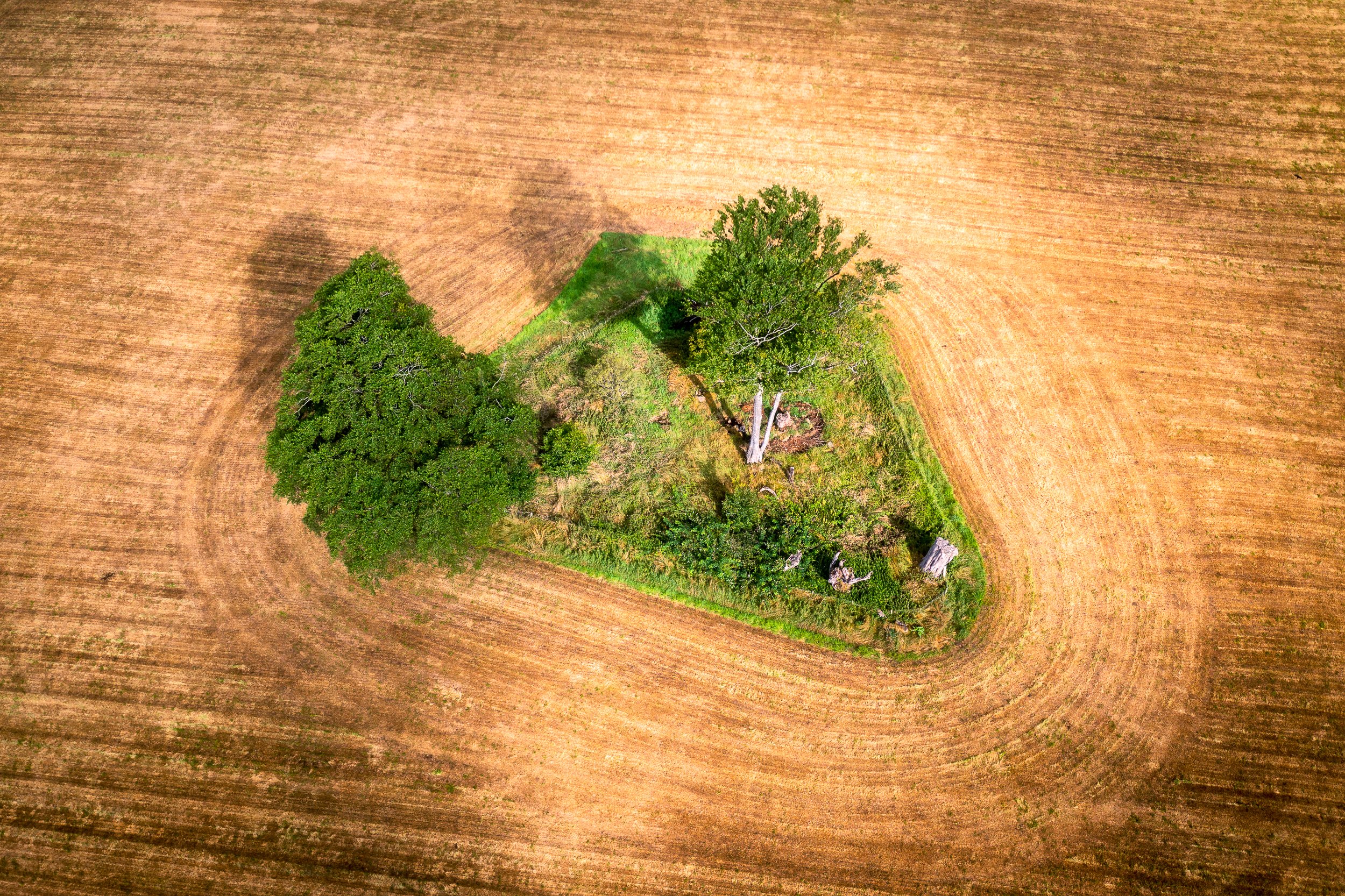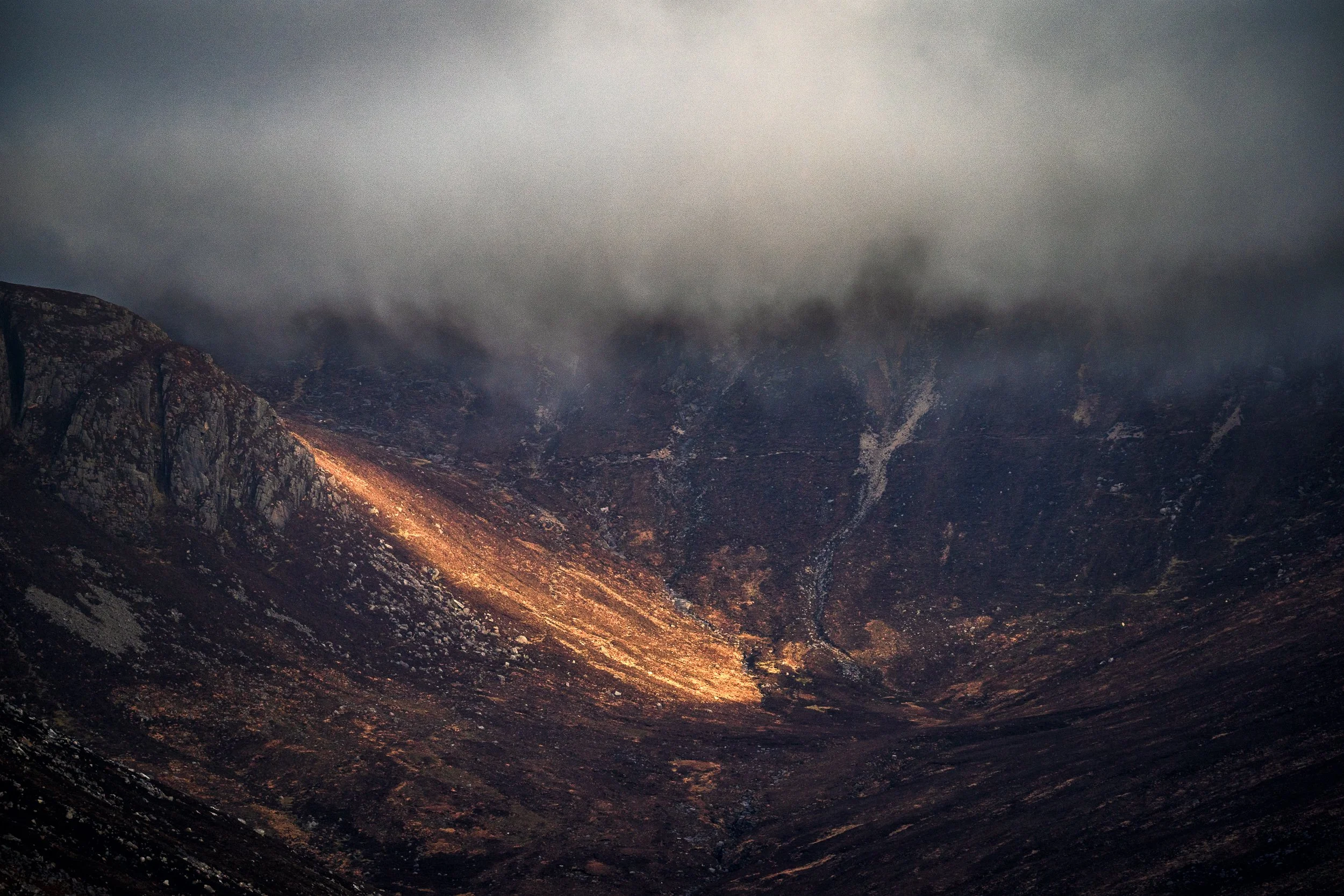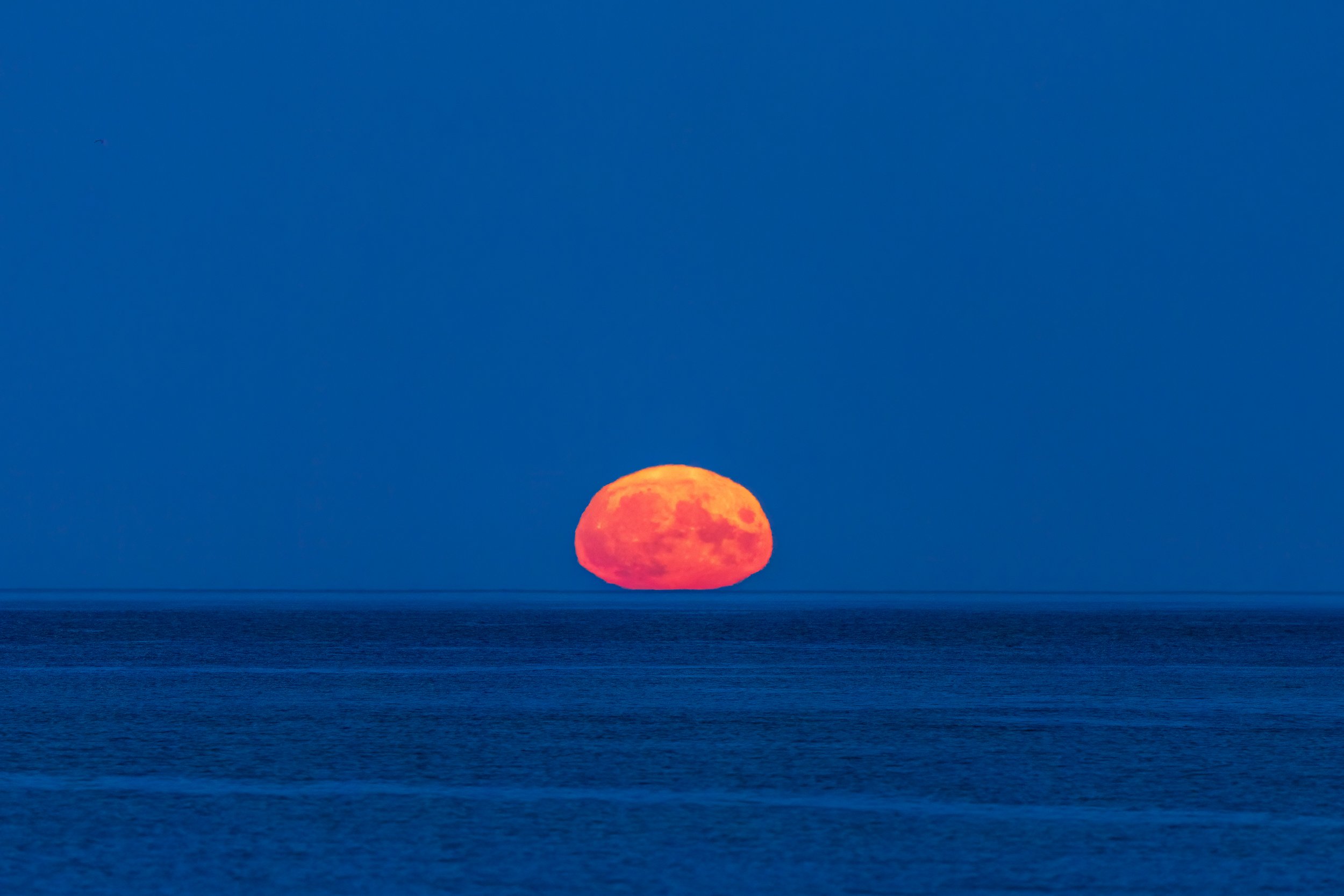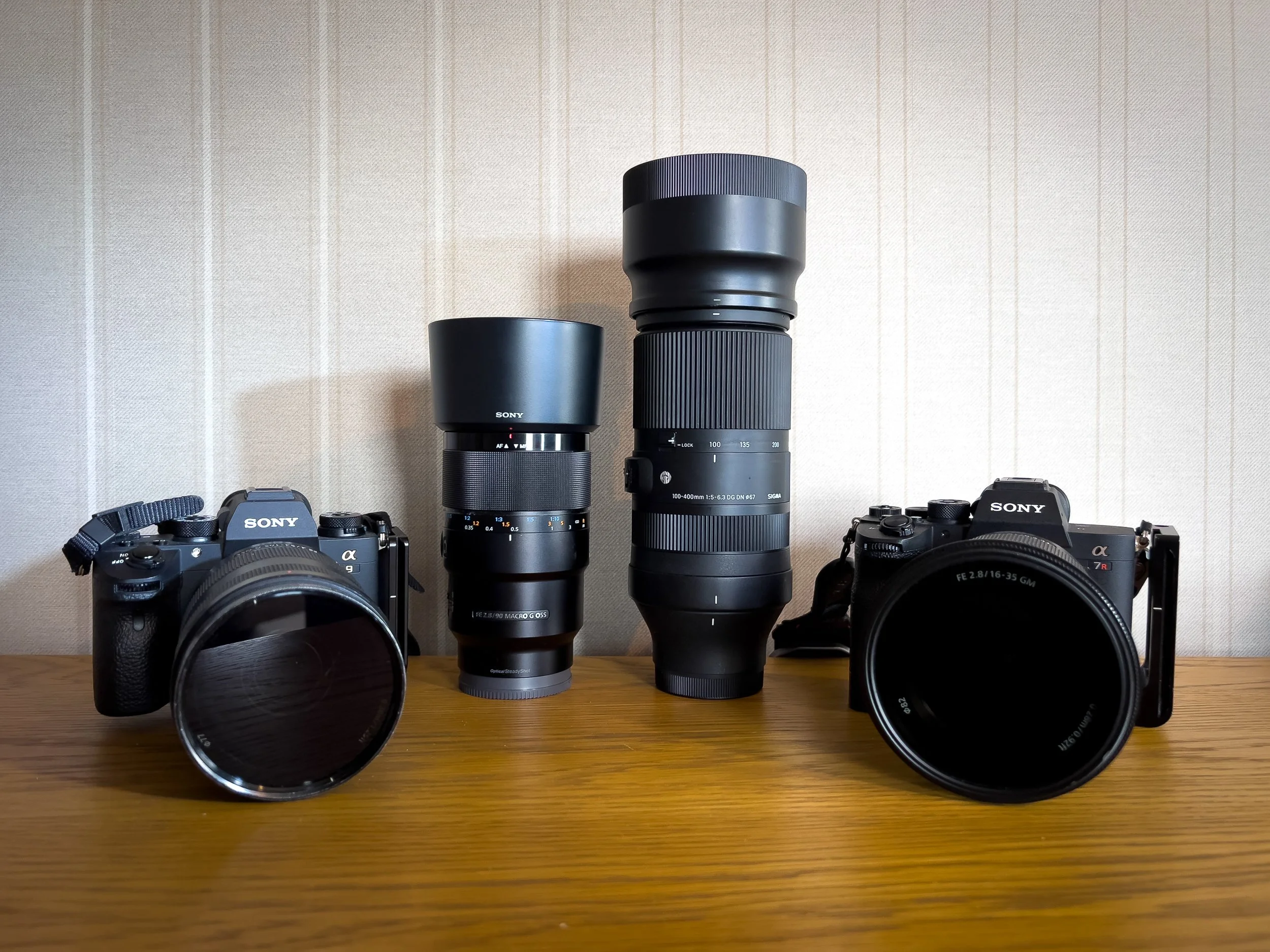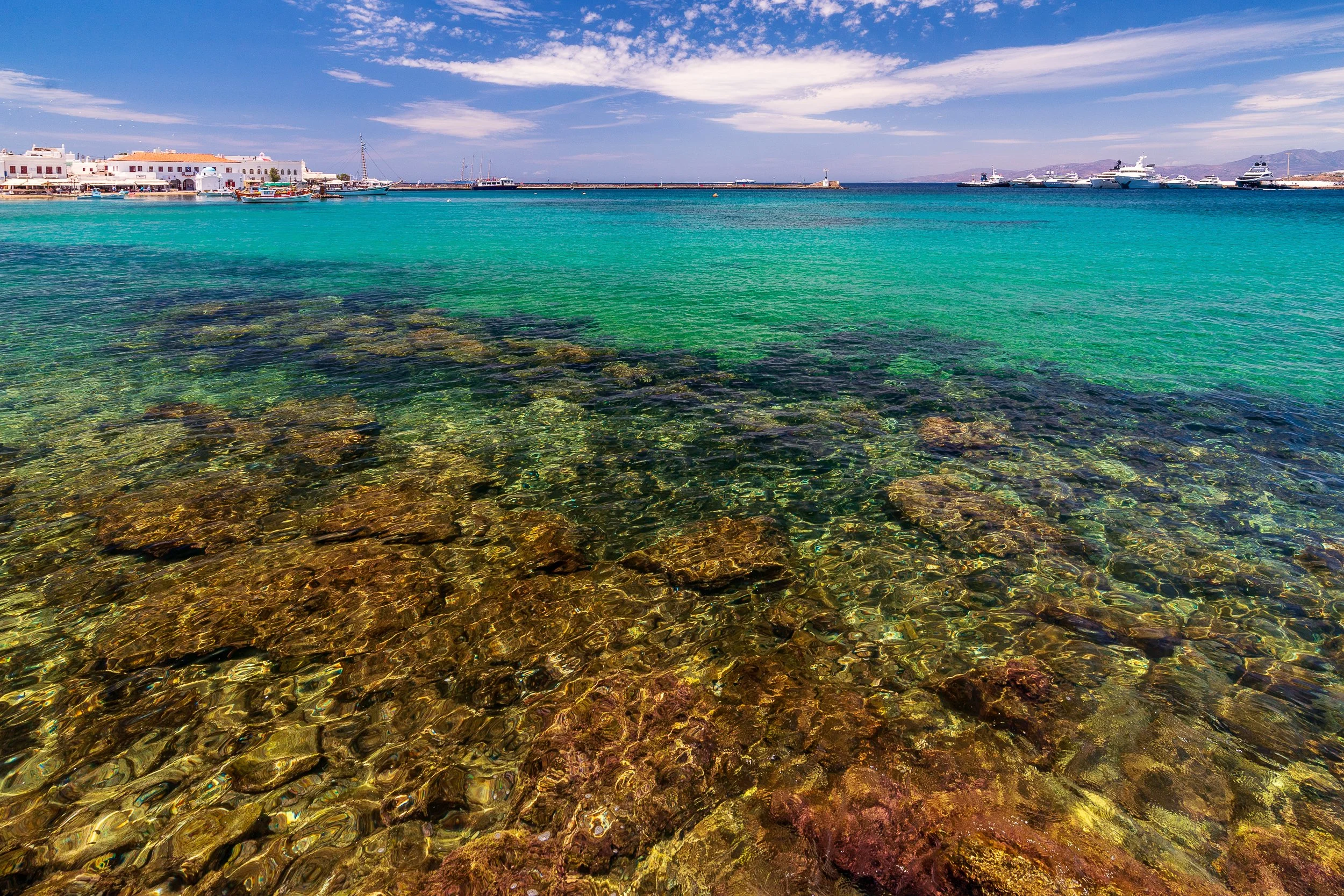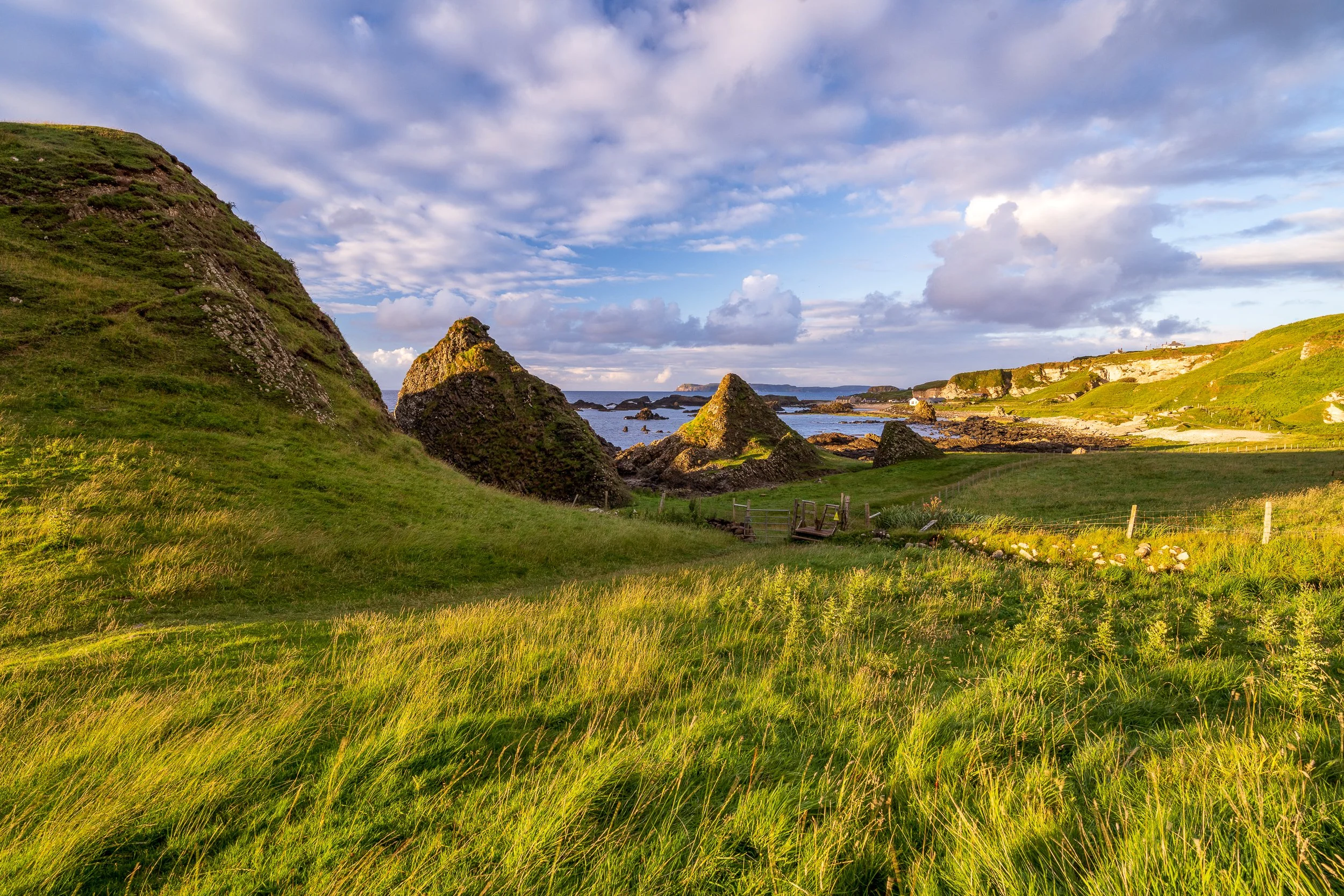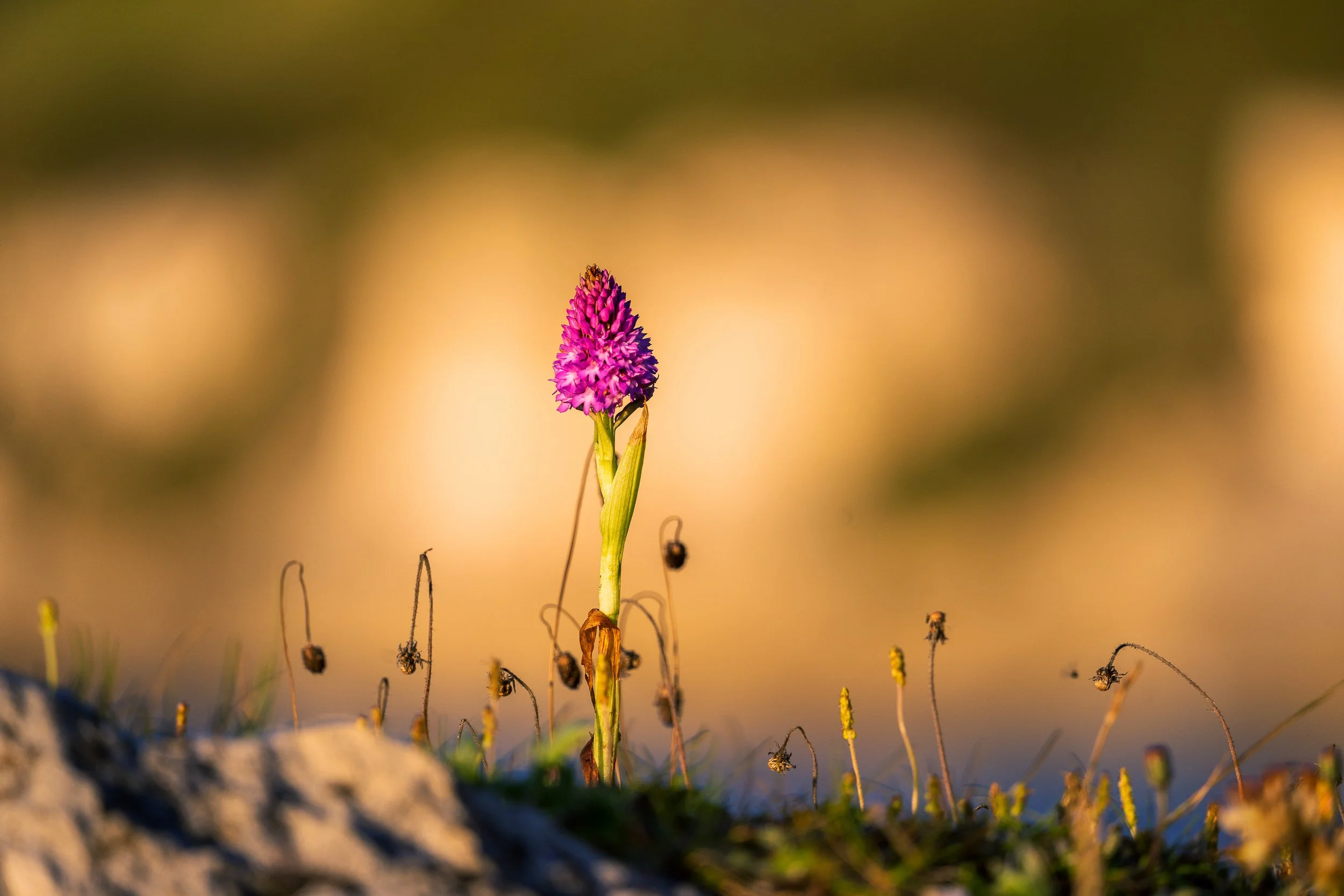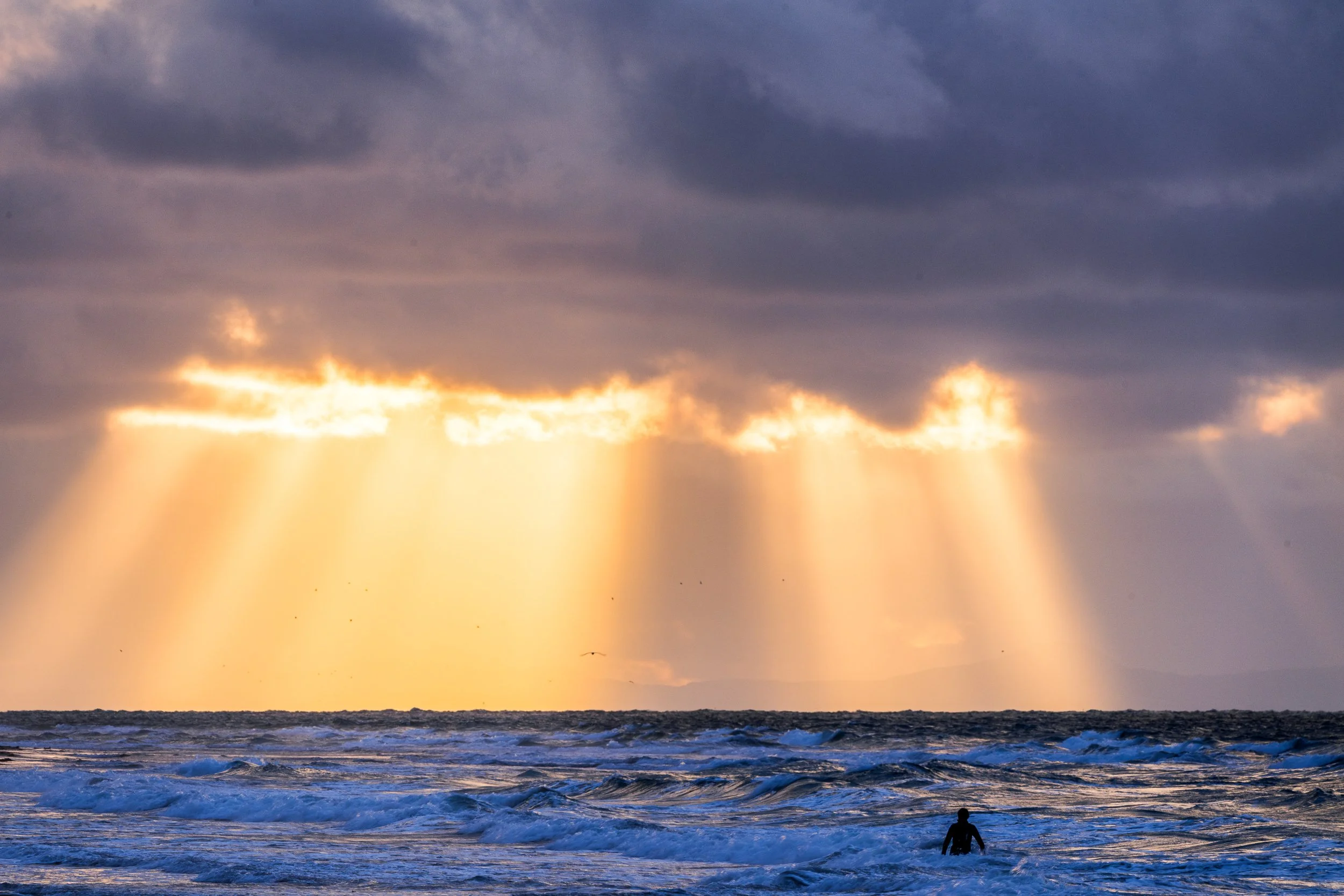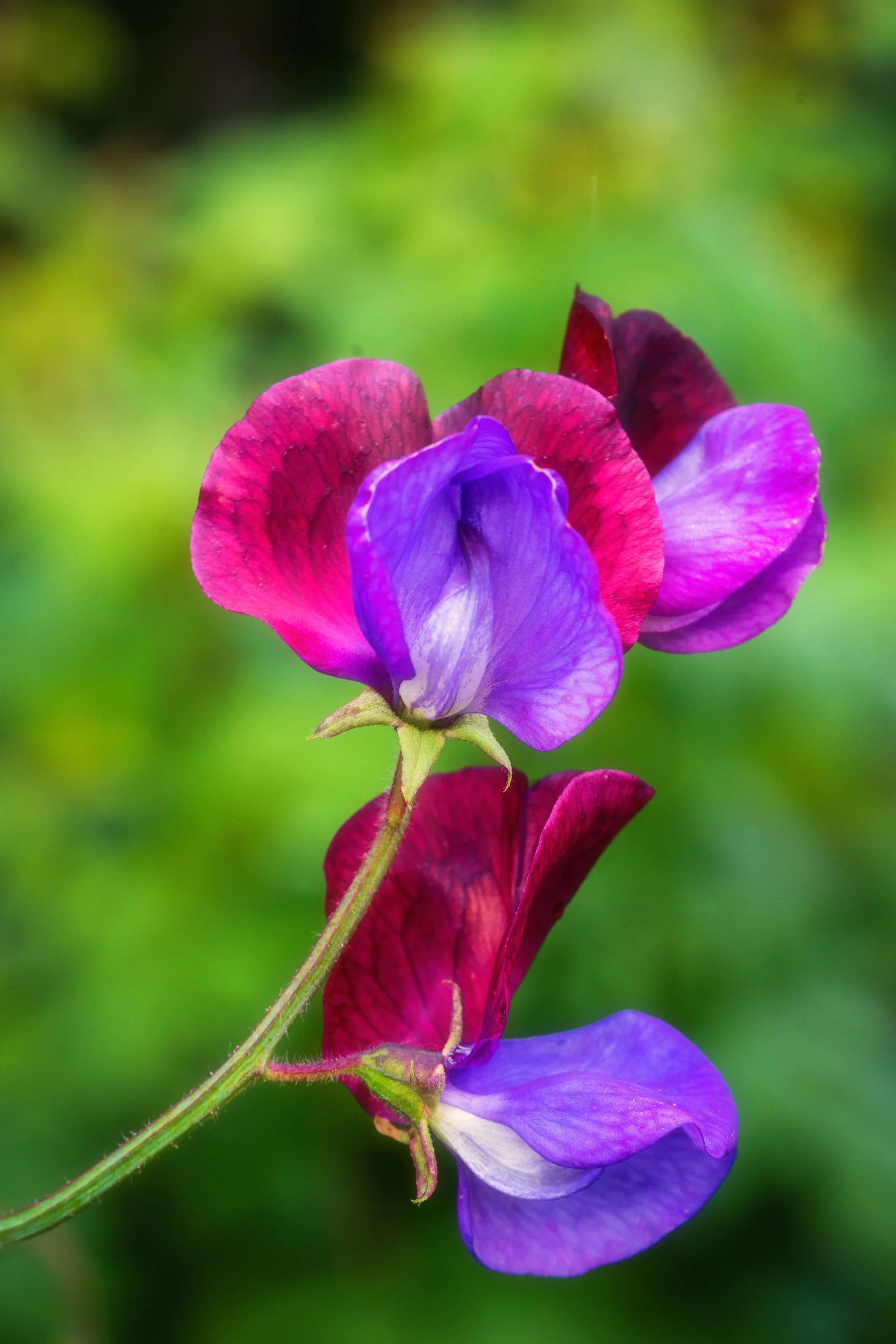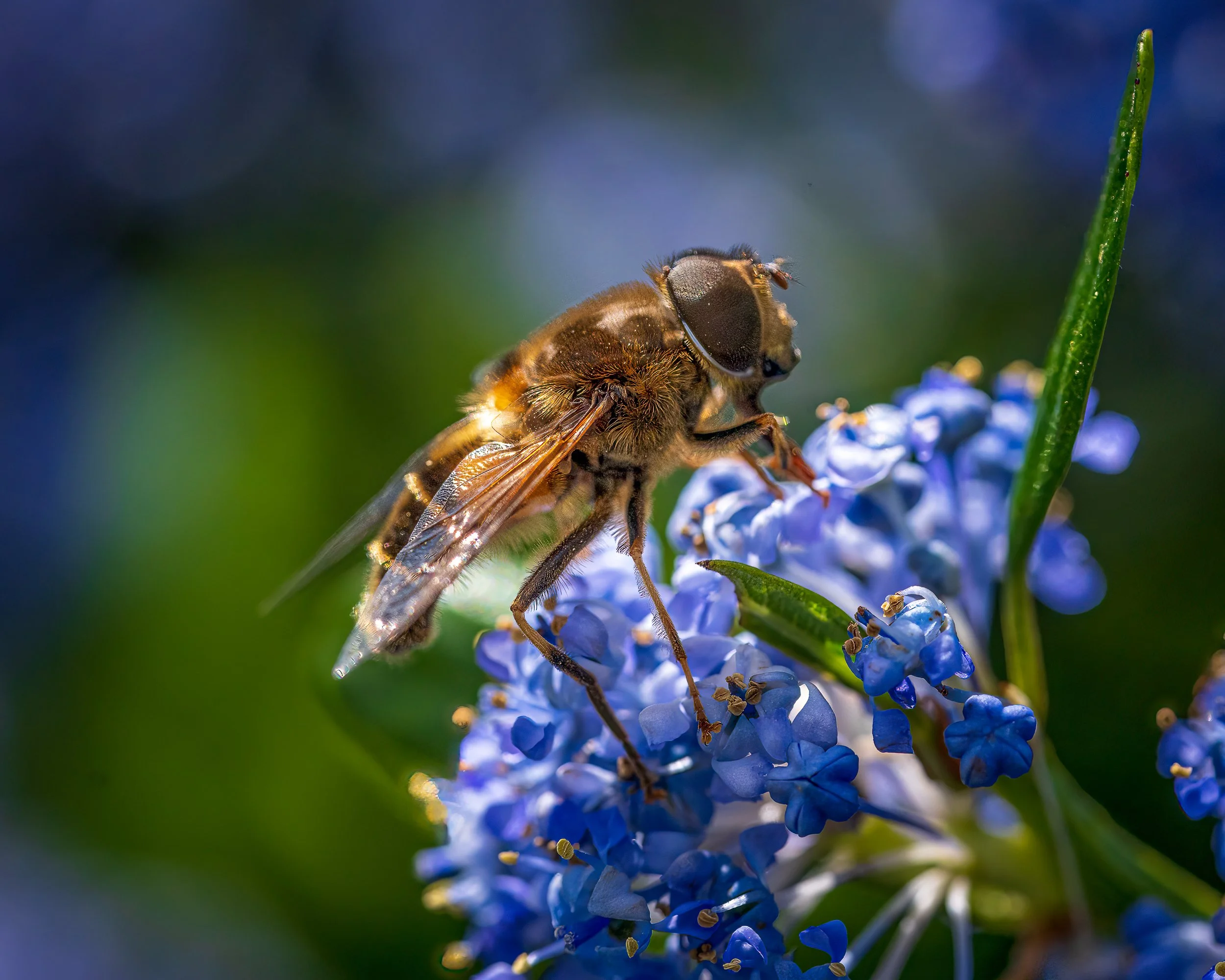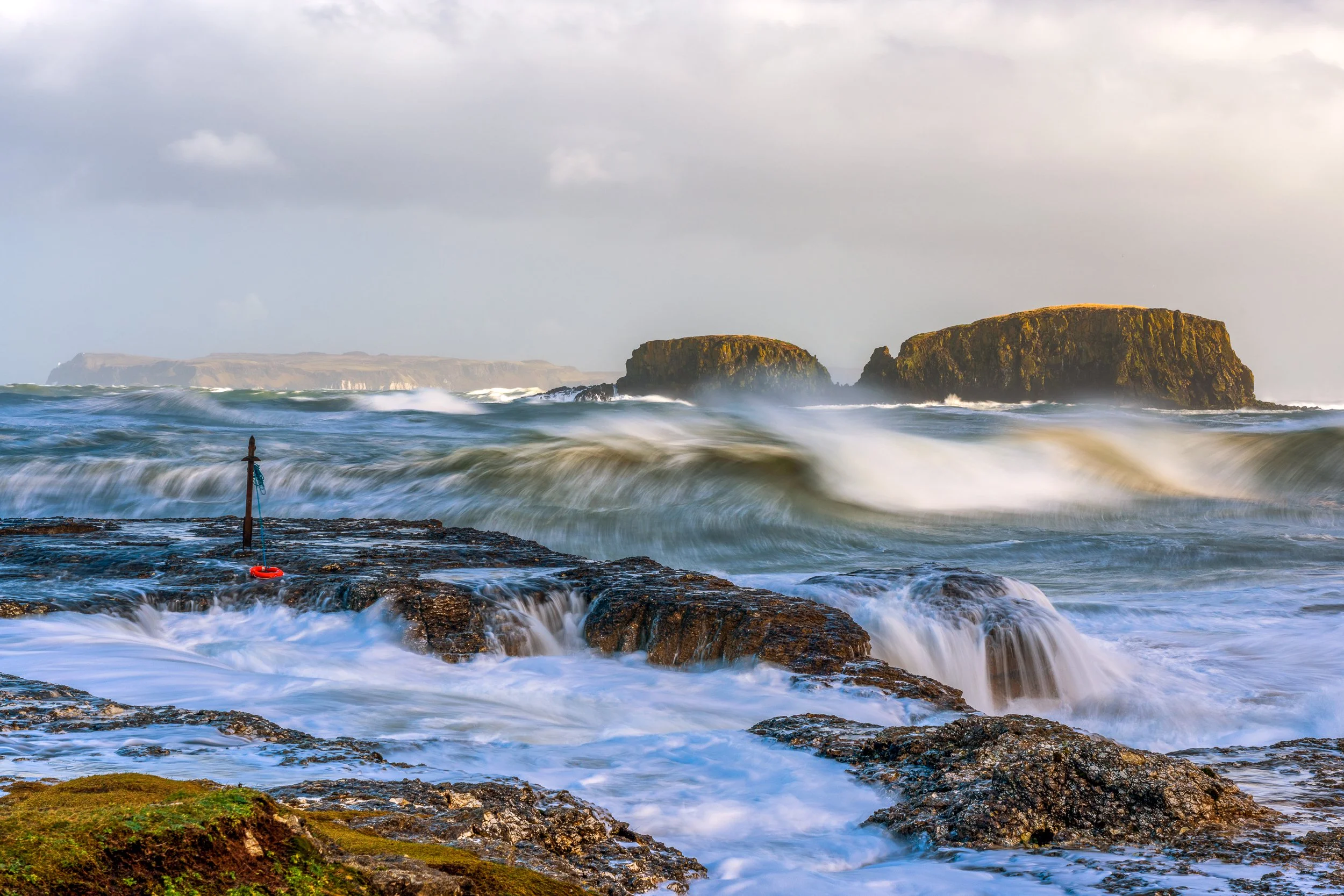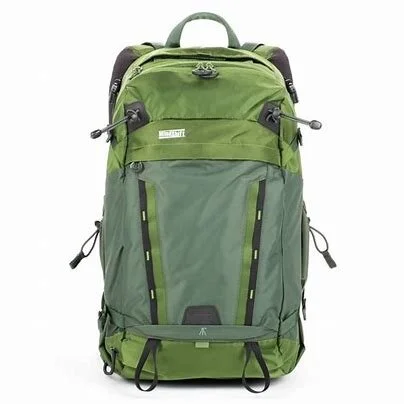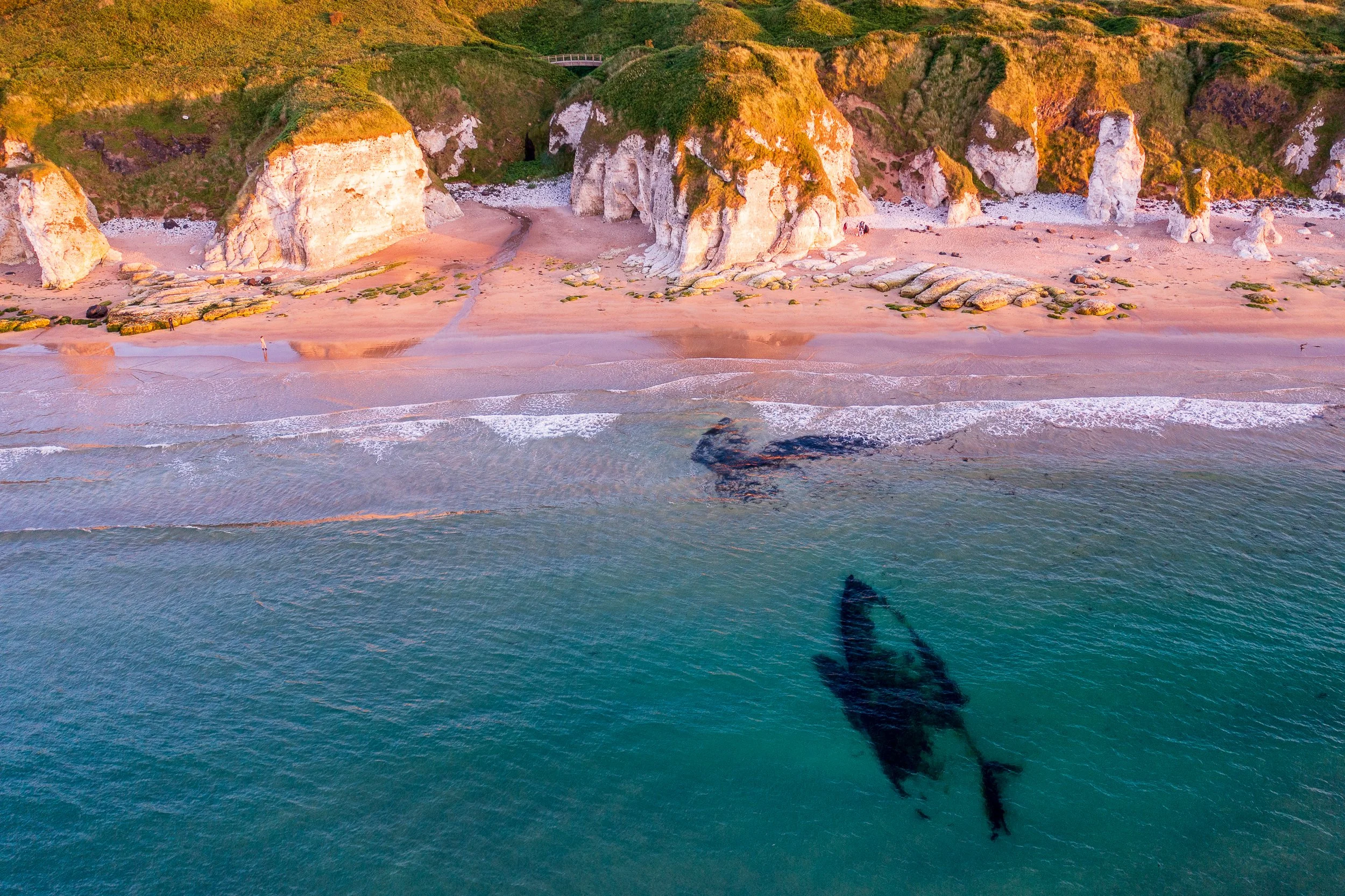
reflections
on photography and life
2023 The Year in the Landscape
One of photography’s great attributes is its ability to capture a moment in order for it to be lived and savoured time and time again. This moment in early January had this in addition: the fulfilment of an ambition, to photograph the Dark Hedges in snow. And it is all the more poignant as the moment came in a year of significant transition: a house move and a change in the first digit of my age.
Winter sunrise at the Dark Hedges
One of photography’s great attributes is its ability to capture a moment in order for it to be lived and savoured time and time again. This moment in early January had this in addition: the fulfilment of an ambition, to photograph the Dark Hedges in snow. And it is all the more poignant as the moment came in a year of significant transition: a house move and a change in the first digit of my age.
Snow is quite rare in these parts. For it to fall overnight and then for the skies clear to allow the sun to pierce through above the road was even more rare. And to have been able to arrange last minute to be there topped it all. Right place, right time plays such an important role in landscape photography.
El Tenedor del Diablo
A lone tree. The landscape photographer’s dream. I’ve spent many hours scanning the Co Antrim countryside during the past 11 years to find a special tree. It was only in late Spring, when I took this road by mistake, that I finally came across it. From this angle, perched on top of a hill, it has gesture. A striking shape and pose which made me think of an old movie, Romancing the Stone in which Michael Douglas and Lana Turner discover a precious stone buried at the foot of a similar tree. It was called El tenedor del Diablo - the Devil’s Fork! No precious stone for me. But a discovery nonetheless to which I returned when the snows came.
Farewell to Gallows Hill
Another poignant moment which I’ve written about in a previous blog: leaving our home of over ten years at the foot of Gallows Hill. The snow, the beautiful morning light and the bird provided a perfect end to our time there and to the long-term personal project photographing the hill.
Escape to Paradise
Well, perhaps not quite paradise! But Mallorca is very photogenic, with a rugged, wild beauty, very different from my previous mental image of ugly hotels and drunken tourists! (No doubt they can also be found.) This first visit to the island came about as I was invited to teach in a church there by a dear friend who then treated me to a couple of days exploring both the landscape and the wildlife. Thank you, Rafael!
Journey to the Centre of the Earth
I hadn’t expected to go underground but then I was unaware that these magnificent caves had inspired Jules Verne to write his famous adventure.
Snowy mountains were a bonus!
I also hadn’t expected snow-capped mountains, but snow there was, lots of it falling overnight on high ground, much to the delight of the locals who drove out into the countryside in their hundreds, cars parked (often simply abandoned) everywhere, to revel in the rare conditions.
The Black Sands of Vik
How can I sum up the next major photo experience? When your wife says to you, “Would you like to go to Iceland?” and she doesn’t mean the shop, it is very hard to resist! A present for my 70th, in the good and expert company of longtime friend and photo companion Steven Hanna. Magnificent landscapes, unlike anything we have in Ireland, made it particularly special. No, we didn’t see the Northern Lights - clouds spoiled the view that ironically was being enjoyed back home on the North Coast! And there was no ice on the famous ice beach. But that just gives good reason to go back.
Sunset Splash
Behind the Rainbow. Yes, Steven did persuade me to clamber up the slippery rock behind the waterfall. I didn’t tell my wife, though.
Vestrahorn Reflection. This landscape was overwhelming. I had seen photos of it before but was still unprepared for the visual assault. Not sure quite where to start I just walked out on the wet sand to take it all in.
Estrahorn. Magnificent. So thankful I brought the drone although no camera can do justice to vistas like this. For a sense of scale you just might be able to see me a few metres from the cliff edge, left foreground. Behind the black sand beach the water is covered with ice.
The highlight of March was a special birthday trip (I know - I’m milking this birthday thing) to Tennessee to stay with our eldest daughter and her family, a trip which included a few fun days in Dollywood and a drive through part of the Smokey Mountain National Park. Hiking is the best way to see this park but there was no time for that. However, we did manage a few stops along the way.
Smokey Mountain National Park. Winter was tipping into Spring, with frost on the trees early morning and some vibrant autumn colour clinging on.
Signs of Spring. I loved the dark tracery of the tree against late winter sky, with tinges of yellow heralding the coming Spring.
The long drawn-out house move meant that opportunities for photography at home this year have been quite limited. However I did manage a few evening coastal walks and these are the best of the photos.
Storm Warning. Unusual stormy light at Salmon Beach, Portballintrae. I’ve been to this beach many times but never in such light.
Causeway Summer. A beautiful afternoon at the Giant’s Causeway. With so many tourists visiting this World Heritage site I often prefer to photograph from a distance rather than fight with the crowds!
High Seas. Back to a favourite location at the ‘secret beach’ at Ballintoy. This was an exhilarating late afternoon, with clear visibility and the Atlantic throwing up some wonderful waves against the black cliff.
Solid Ground. A slightly tongue-in-cheek title as this was the spot where my camera gear was destroyed by a storm. I love this spot when the sea is stirring and the view is clear across to Rathlin and beyond. There was even the bonus of a slight rainbow.
At the going down of the sun. The beach at Whiterocks.
Summer Sunrise in the New Forest.
A summer trip to Cornwall involving speaking at Creation Fest coincided with yet another storm that flattened tents and generally atrocious weather which ended all hopes of landscape photography. However we moved on to Dorset, where the winds died down and the rain eventually stopped in time to permit a couple of excursions into the New Forest to photograph the glorious display of heather.
Purple Field.
The highlight of Autumn photographically was a morning at Tollymore Forest Park, when the colours were at their peak. I’ve photographed here many times but somehow it never grows old.
Foley’s Gold. Autumn colour at Foley’s bridge
Star of the Forest. This wonderful old tree is still standing, though missing a limb or two since my last visit and looking more precarious than ever.
Winter Light
My final photograph of the year taken on a contented walk with my wife along Portstewart Strand, all the hard work of moving behind us, looking forward to a new year of adventures, shared love and opportunities to make friends in our new location as we seek to keep in step with our Creator.
If you’ve made it this far, I hope you’ve enjoyed the photographic journey through the year.
Farewell to Gallows Hill
It is almost 11 months since I wrote the previous blog in which I commented that one year of my life was “a mere 69th of my entire life”. This year, to state the obvious, the fraction is even smaller. The clock ticked round to three score and ten. We decided to mark the occasion by… moving house.
My first photograph of Gallows Hill, July 13, 2012 taken the day we decided to purchase our new house in North Antrim.
It is almost 11 months since I wrote the previous blog in which I commented that one year of my life was “a mere 69th of my entire life”. This year, to state the obvious, the fraction is even smaller. The clock ticked round to three score and ten. We decided to mark the occasion by… moving house. (There were other celebrations, of course!). So now you know why I have been so quiet this year photographically speaking.
Almost eleven years we had lived at the foot of Gallows Hill. But it was time to move on. The word ‘downsizing’ was figuring increasingly in our conversations. Better to downsize now, we reckoned, than to be downsized later! “One day our kids will thank us,” we repeated to each other as the mountain of boxes grew in our front room. (Perhaps they will - if I’m able, I’ll let you know!)
The Witnesses. My first attempt at astrophotography was on Gallows Hill
When we moved to Gallows Hill, I began a personal project of photographing the hill, and especially the small group of battered beech, that stand like a group of old friends, witnessing over many decades the comings and goings of the countryside below, including the “blow-ins” that now lived on the Ballyveely Road.
I made my first ‘proper’ black and white landscape photograph on Gallows Hill. It was on Gallows Hill that I first attempted to photograph the night sky. In every season, in all weathers and from every angle I could think of, including from the air, I photographed the hill each year for more than ten years. Thousands upon thousands of photographs, now also downsized to just over 400.
Perhaps one day I will get to do something more significant with the photographs of this special place. For now I feel privileged that it was our daily view, a constant friendly companion, (despite the connotations of its name) during our sojourn there. And as a celebration of this tiny parcel of North Antrim countryside, known only to a few, I offer a small selection of my favourite photos.
It was time to say farewell. But I have the memories. I have the photographs we made together.
The Three. There are three separate groups of ancient beech trees on Gallows Hill as shown in this sunset panorama.
Celebration. A very special birthday present in 2014 when the skies danced and the Aurora Borealis was visible to the naked eye over Gallows Hill.
Evening glory. Spectacular sunset skies are a feature of Gallows Hill.
From the hills to the ocean. Gallows Hill in its North Antrim setting in late May as the sun sets into the Atlantic Ocean, and the colours reflect in the lake at Lissanoure Castle
Standing Tall. Winter sun stretches the skeletal shadows of the trees across the snow.
The Island. The small clump of green seems to be floating in a brown whirlpool after harvest as a last remnant of the forests that once covered the land.
You and Me. During a snowstorm on Gallows Hill I was able to isolate these two trees, supporting each other in their old age like a happy couple.
Fall Gold. A day like this in autumn is every landscape photographer’s dream.
From here to eternity. The Milky Way stretches high above Gallows Hill.
A fresh beginning. A beautiful snowy dawn made for a fitting final photograph as we prepared to take flight once more.
2022 The Year in the Landscape
When I was six a year seemed a very long time. After all, according to the important facts I was learning in school, it was a sixth of my entire life! The seasons changed slowly and the summers especially seemed to last forever. But now a year is a mere 69th of my entire life. Everything speeds up, except life in the dentist’s chair.
When I was six a year seemed a very long time. After all, one year was a sixth of my entire life! The seasons changed slowly and the summers especially seemed to last forever. But now a year is a mere 69th of my entire life. Time speeds up, except time spent in the dentist’s chair.
A moment of light in the heart of the Mourne Mountains during one of several hikes in January of this year.
One of the great gifts of photography is in relation to time. A photograph doesn’t just capture a moment but according to my photographer friend Kieran Dodds it ‘liberates’ a moment. It triggers the memory, It expands the moment. It sets it free to be examined, relived, reimagined, savoured.
Golden threads of dead grass caught in winter ice on a mountain trail. We don’t often look down.
Cameras don’t take photographs. People do. It is a very personal activity. It involves noticing. It involves responding to what catches the eye and the imagination. It involves deciding what to include and what to omit, what tells the story and what would get in the way. It involves a conscious decision when to press the button.
Sheltering out of a ferocious, bitingly cold wind, I discovered this little scene in the mountains which tells something of the experience.
Here are some of the scenes in the landscape that called for my attention this year, one for each month. Each has a personal story. Each reveals something about me. But each is also an invitation to you to take time to look and to allow each photo to speak, trigger a memory, evoke a longing; to become a window into a real or imagined life.
January
On a crisp, clear morning in early January we (Steven Hanna, my long-suffering photography companion and friend) made the long hike up the Annalong valley to this vantage point on the slopes of Slieve Bearnagh that provides a sweeping vista of Ben Crom reservoir and the high Mournes. Only a slight dusting of snow remained as the sun rose casting shadows and golden light across the landscape. I sat for a long time on cold granite following the peaks and troughs spread out before us like a panorama of life.
February
This slice of time, captured at 1/1000 of a second, is an example of liberating a moment, enabling us to press pause and consider the details of a storm. Watching a storm of any kind is very different from being in one. And I am more wary now, after losing two cameras to the sea. But there is a dreadful beauty that draws me back and back again to these monsters stirring in the deep, tossing their heads against a black sky.
March
As dusk fell on an afternoon walk in early March the sky coloured deep pink, reflecting on the sea, between rank after relentless rank of waves, driven by the wind and pulled by the incoming tide. I love this view across the bay of ancient Dunluce Castle. This is a place to breathe and dream. A place to watch and pray.
April
A cold and (we hoped) clear April night brought an opportunity to photograph the Milky Way. Layered up, we (or perhaps it was just me) laboured up steep slopes through Hare’s Gap, through frozen snow, head torches lighting our way beneath the stars. Then clouds rolled in. Hour after hour was passed in anxious and freezing (-4C) expectation. (At my age - seriously?). And then the sky cleared to reveal our place in the universe. Humbling, awe-inspiring, worship inducing moments.
May
Back to my favourite beach and to the cliff path that provides this view across the limestone cliffs and sea stacks that provide the name Whiterocks. By May the sun has moved sufficiently north to bring light and colour and a little warmth, with glorious views East and West.
June
Another storm but a complete change of scene. The trip of a lifetime, with my son Simon, on a clipper ship, following some of the 1st Century journeys of one of the great intellects of any century, and one of the few who changed world history, Saul of Tarsus, aka Paul, the great teacher, missionary, defender of Christianity, martyred for his faith in Christ. Shortly after leaving Philippi, this storm suddenly blew up over the Thracian sea with a dramatic cloud that turned a mountain into a volcano. Thankfully on this occasion there was no shipwreck!
July
A deeply personal scene for our family of Castlewellan Castle, where, during weeks of summer fun, relational depth, personal faith and lasting memories were built. During a short reunion this summer with other families from those now far-off days I used the drone to photograph the castle in its surroundings as the sun was setting.
August
A photo from an evening spent on the Causeway Coast, at the aptly named Giant’s Head. It requires a bit of a scramble to get down to sea level here. I was grateful for the company of fellow photographer Richard Watson. Some journeys are better travelled together!
September
September brought a highly anticipated trip to the Pacific North West, Washington State and Oregon. Unfortunately, the day after we arrived the smoke from a thousand forest fires moved in rendering all grand vistas virtually impossible to see, let alone photograph. I found out later that they count five seasons in this part of the world, the fifth being smoke season! All was not lost, however, as this scene near Moulton Falls, with its early autumn colours, illustrates.
October
The imposing cliffs of Fairhead provided me with October’s scene as the low sun of late autumn caught both the headland and the low lying rocks between it and the fine beach at Ballycastle. It was the transforming impact of light that caught my eye, even though I had gone to the beach with the purpose of trying to photograph sea birds.
November
Autumn colour is normally at its peak in early November and it is many photographer’s favourite season, especially if accompanied by mist. Our visit to the New Forest didn’t coincide with mist this year but I enjoyed a couple of early mornings out on Rockford Common, near to where we were staying with good friends. David joined me on this occasion as the sunrise lit up one of the lone birch trees that stood in a sea of fiery red bracken. There is something about a lone tree, especially one as graceful as this, that is a magnet for artists. Is it the individuality that especially appeals?
December
Hoar frost is something of a rarity in Ireland and when it arrives you have to try to make the most of it, without crashing the car or falling on the treacherous roads. I managed to avoid these dangers by remaining close to home, where I photographed this old farmstead, attracted by the frosted tree tops, the red roof and of course the donkeys. It is possibly my wife’s favourite photograph of mine this year, which makes it more special to me. Not quite the ‘bleak mid winter’ but it is hard not to think of the bigger story, not just behind Christmas but life itself.
If you have made it this far you have my thanks. I hope that even one of the photographs has stirred your heart and imagination. May you know light in the darkness.
Winter sunrise, Gallows Hill. A window on home.
To see the moon rising
For week after monotone week in early summer it seemed that neither sun nor moon would be permitted to shine down upon the residents of North Antrim. A hoizon-to-horizon blanket of grey enveloped us with its unwelcome insulation. Clouds with form and texture would even have been a welcome relief. But no. Just one seemingly endless cloud, largely without rain, often requiring the central heating to be kept on too far into the year. Really makes you want to read on, doesn’t it? But wait.
For week after monotone week in early summer it seemed that neither sun nor moon would be permitted to shine down upon the residents of North Antrim. A hoizon-to-horizon blanket of grey enveloped us with its unwelcome insulation. Clouds with form and texture would even have been a welcome relief. But no. Just one seemingly endless cloud, largely without rain, often requiring the central heating to be kept on too far into the year. Really makes you want to read on, doesn’t it? But wait. Things change. Hints of summer, gaps in the cloud and then a few days of glorious warmth and clear night skies. Timed to perfection with the rising of the Sturgeon Moon, the last so-called supermoon of the year.
Time for another adventure with Lucy!
Ideally the best time to ‘shoot the moon’ is the day before it is at its fullest, because it rises when there is still enough light to include details in the landscape. But we could only go on the day itself.
We chose the little coastal village of Cushendun, with its easy access beach and clear view to where the moon would rise out of the sea.
It’s a long, twisting road over the Glens to reach Cushendun. With what relief Lucy tore off her socks and shoes and stepped into the calm waters. The dark band of night lay in a thin line across the horizon growing and stretching as it slowly pulled the glorious colours of dusk into deepest blue.
After a long paddle, Lucy arranged her folding chair on the sand, wrapped a fleece around her as the warmth of the day seeped away and waited.
A faint deep red glow low down on the horizon and then a rounded shape, like a newly minted coin emerging from a hidden forge. As it rose its light grew stronger and red melted into liquid gold.
It sat for a moment, rather misshapen and then escaped from the clutches of the sea to rise triumphant into the darkening sky, shooting a golden track across the sea to where we watched in total silence.
Moments of magic like this tend not to last, except in the memory, and, in our case, in the photographs. They won’t win any prizes. There was no iconic landmark to showcase. Just the sea, the sky and the moon. But we made a memory, Lucy and I. And when I am older and greyer and nodding by the fire, perhaps I’ll not need a photograph, but in my mind savour again seeing the wonder in her eyes, her face glowing in the red moonlight.
My Outdoor Photography Setup for 2022
Two years have passed since I wrote my last gear update, an indication that either gear no longer holds the same interest for me, or (more likely) that I just didn’t get around to doing it!
Change
Two years have passed since I wrote my last gear update, an indication that either gear no longer holds the same interest for me, or (more likely) that I just didn’t get around to doing it!
Much hasn’t changed. I haven’t been seduced by even more megapixels or larger sensor size. The Sony still does the job I need and then some. But there have been a few additions and subtractions as my photographic interests have changed somewhat. Covid restrictions forced me to experience the outdoors closer to home, which in turn led to an unfinished personal project photographing birds in flight, as well as greater interest in macro and abstract photography. Once restrictions eased I found myself spending much more time in the mountains, travelling lighter when I could.
This is my basic setup consisting of two camera bodies, three general lenses and one specialist lens. Thanks to the great generosity of a kind friend this year I have added the Sony A9 to use alongside my A7R4 both as a backup camera, in case something goes wrong (as it did in the Mournes early this year!) and for shooting Astro. With its fewer pixels and larger individual pixel size, it is much better than the A7R4 in very low light.
In addition I now have the Sony 16-35 2.8 for both wide-angle and night sky photography, replacing the Zeiss 18mm. Although it is heavier than the Zeiss, it shoots wider and does more. I have retained the 24-105 although I am using it much less, and also the 100-400, which I am using a great deal more, especially for birds, when the crop mode of the A7R4 comes into its own, still giving me a 26mp photo. The specialist lens is the Sony 90mm macro, which also doubles for portraiture. I normally leave it at home when going on a trek or overseas trip. The other three lenses together allow me to shoot for 16mm to 400 (600 in APSC mode) which generally is more than enough.
The lenses in action
When I need to go wide the extra 2mm of the 16-35 over the Zeiss 18mm is most useful as here to capture the drama of the clarity and colour of the sea on a recent brief visit to Mykonos.
Another example of the ‘big foreground’ effect of using the 16-35 at its widest, to capture the sunlight on the grasses along the coastal walk at Ballintoy.
A panoramic image of the Mountains of Mourne, using the 24-105 (five images stitched together in Lightroom).
The versatility of the 100-400 is illustrated here with its ability to pick out a small object and make it large in the frame, while blurring the background, which in this case are the cliffs at Whiterocks.
The 100-400 is so useful in ‘finding a picture’ in the middle of the chaos of a busy beach in summer.
The macro lens comes into its own in the garden.
And for shooting bugs!
Other landscape essentials
My tripod is a Gitzo GT2545T which I use in combination with an Arca Swiss P0 ball-head, a reasonably lightweight setup which I can still manage (just about) on a longish trek.
Another essential piece of kit for tripod work is an L bracket - I have the SmallRig version on each camera. This allows me to change my camera from landscape to portrait orientation very efficiently. With the amazing dynamic range of the Sony I use graduated filters less and less, but still occasionally use neutral density filters to slow down the shutter speed, especially when shooting water. I purchased the new Kase magnetic polarising filter this year and have found it excellent so far. When using the tripod, I also use the Sony remote to help avoid camera shake. It also helps greatly in wave photography to get the timing right.
Of the making of bags…
I switch between three bags. A small Manfrotto messenger type bag suffices for a one lens setup - when out with the family, for example. (Although nowadays I usually just bring my iPhone.) A slightly larger Manfrotto messenger bag works for a two lens set-up, especially for travel as it easily complies with all carry-on regulation. For landscape photography in the UK and Ireland, especially if it involves any degree of trekking (and it usually does), I use a Mindshift (ThinkTank) BackLight 26L backpack. It just about copes with the Sigma 100-400 and shows no sign of falling apart in spite of my best efforts. A slightly deeper bag would be helpful.
BackLight 26L
I also have a drone. It is a Mavic 2 Pro. It is amazingly stable even in a brisk breeze and the 1” sensor/Hasselblad lens combo is excellent for stills, including panoramas.
Without the drone this kind of shot would be impossible. This is a glimpse of the wreck of the Devereux. which sank on September 5, 1864 with its cargo of wood. Due to winter storms shifting the sands here, the wreck has become visible again.
If I ever get around to it, next year’s gear update will be written as a 70 year-old! I wonder what changes there might be!










